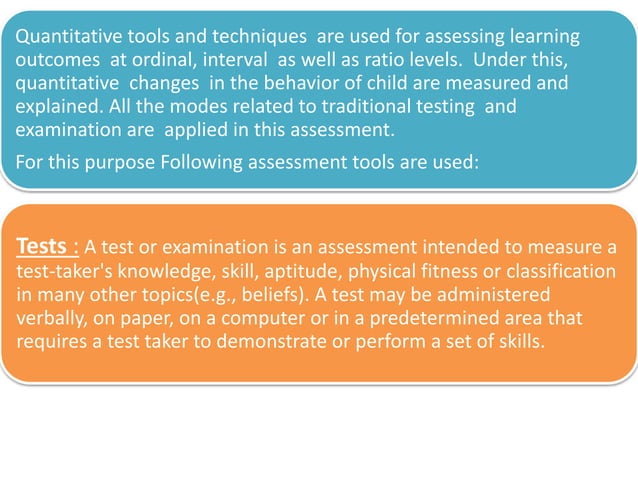China's Next Giant Leap: A Supercomputer In Orbit

Table of Contents
The Technological Marvel: Capabilities of an Orbital Supercomputer
The sheer processing power and speed of a space-based supercomputer are expected to dwarf even the most advanced earthbound systems. This immense computational capability, combined with the advantages of its unique location, will unlock unprecedented opportunities. The reduced latency afforded by its proximity to satellites and other space-based instruments is a key advantage. This near-instantaneous data access will significantly improve real-time analysis and response times. Furthermore, the orbital environment offers a unique setting for exploring the potential of quantum computing and AI applications.
- Unprecedented processing speed: Orders of magnitude faster than current terrestrial supercomputers, enabling complex calculations and simulations in a fraction of the time.
- Real-time data analysis: The supercomputer will process data from multiple space-based sensors and telescopes simultaneously, providing immediate insights.
- Enhanced AI and machine learning: The reduced latency allows for significantly faster training and deployment of AI and machine learning algorithms, leading to more accurate predictions and autonomous decision-making.
- Quantum computing potential: The unique environment of space could provide a stable and controlled setting conducive to quantum computing research and development, potentially leading to breakthroughs in this nascent field.
- Improved efficiency: Reduced data transmission time minimizes delays and enhances the overall efficiency of data processing and analysis.
Applications in Space Exploration and Scientific Discovery
A space-based supercomputer will be transformative for various scientific disciplines. In space exploration, it will significantly enhance our ability to analyze data from deep space missions, leading to faster discoveries and more informed decision-making. For astronomy and astrophysics, it will enable the processing of massive datasets from telescopes like the planned Chinese Xuntian telescope, accelerating our understanding of the universe. Earth observation will also benefit greatly, leading to improved environmental monitoring and resource management.
- Faster astronomical data processing: Enabling the identification of new celestial bodies, patterns, and phenomena at an unprecedented rate.
- Enhanced remote sensing and Earth observation: Providing high-resolution imagery and data for improved climate modeling, disaster response, and resource management.
- Improved weather prediction and climate modeling: More accurate predictions and insights into climate change, leading to better preparedness and mitigation strategies.
- Real-time monitoring of environmental changes and natural disasters: Enabling timely interventions and improved disaster response.
- Support for deep space exploration missions: Autonomous decision-making capabilities will allow for faster responses to unforeseen events and more efficient mission execution.
Challenges and Obstacles in Developing and Deploying an Orbital Supercomputer
Developing and deploying an orbital supercomputer presents formidable engineering and technological challenges. The harsh space environment, with its extreme temperatures and radiation, poses a significant threat to electronic components. Power consumption must be meticulously managed, given the limitations of energy sources in space. Miniaturization is crucial to reduce the weight and size for launch, while maintaining sufficient processing power. Furthermore, ensuring long-term reliability and establishing maintenance procedures in orbit are crucial considerations.
- Radiation hardening: Protecting the supercomputer's sensitive components from the damaging effects of space radiation.
- Thermal control: Maintaining optimal operating temperatures within a wide range of external temperatures.
- Power management: Developing efficient and reliable power systems capable of supporting the supercomputer's high energy demands.
- Miniaturization and weight reduction: Designing a compact and lightweight system for efficient launch and deployment.
- Reliability and maintenance: Ensuring long-term operation and establishing strategies for maintenance and repair in the challenging environment of space.
Geopolitical Implications and International Competition
The development and deployment of a space-based supercomputer has significant geopolitical implications. It underscores China's ambition to become a global leader in space technology and signals an intensification of the global competition in space exploration. This development will likely spur further investment and innovation in space-based technologies by other nations, potentially fostering both cooperation and competition in the pursuit of scientific advancement and national security.
Conclusion
China's plan to launch a supercomputer into orbit represents a bold and ambitious undertaking with the potential to reshape space exploration and scientific discovery. While significant challenges lie ahead, the potential rewards are immense, offering breakthroughs in various fields from astronomy to climate change research. The successful deployment of this orbital supercomputer would mark a significant advancement in China’s space program and would undoubtedly have far-reaching consequences for global scientific advancement. Stay informed about this groundbreaking project and the future of space-based computing – follow the latest news on China’s supercomputer in orbit.

Featured Posts
-
 Retired 4 Star Admiral Convicted On Four Bribery Charges
May 20, 2025
Retired 4 Star Admiral Convicted On Four Bribery Charges
May 20, 2025 -
 Trump Administration Aerospace Deals A Quantitative And Qualitative Assessment
May 20, 2025
Trump Administration Aerospace Deals A Quantitative And Qualitative Assessment
May 20, 2025 -
 Familia Schumacher Se Mareste Prima Imagine Cu Noul Membru
May 20, 2025
Familia Schumacher Se Mareste Prima Imagine Cu Noul Membru
May 20, 2025 -
 Situation Critique A La Gaite Lyrique Les Employes Quittent Les Lieux Et Demandent L Intervention De La Mairie
May 20, 2025
Situation Critique A La Gaite Lyrique Les Employes Quittent Les Lieux Et Demandent L Intervention De La Mairie
May 20, 2025 -
 Hmrcs New Side Hustle Tax Rules A Us Style Snooping Scheme
May 20, 2025
Hmrcs New Side Hustle Tax Rules A Us Style Snooping Scheme
May 20, 2025
